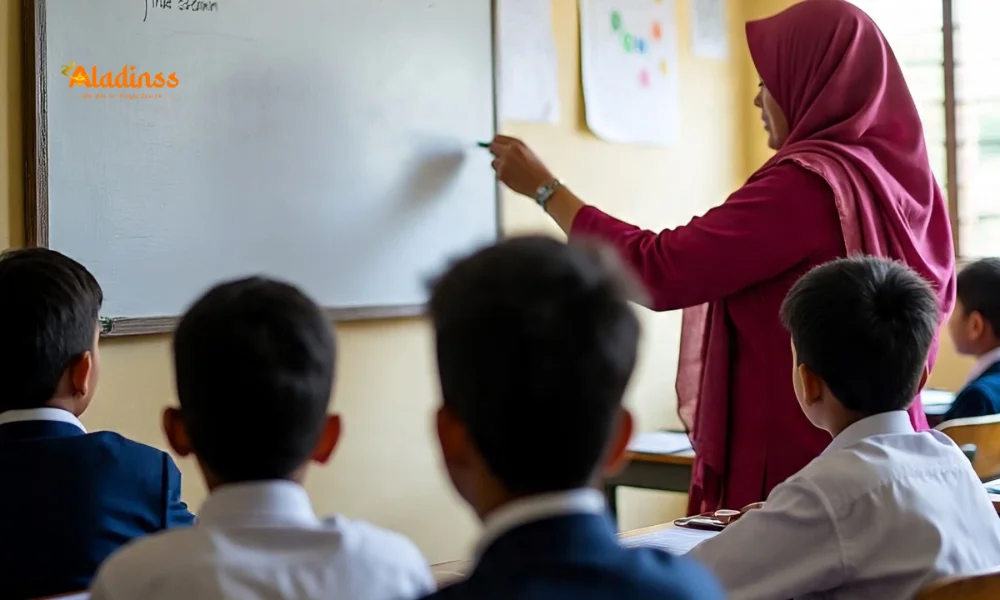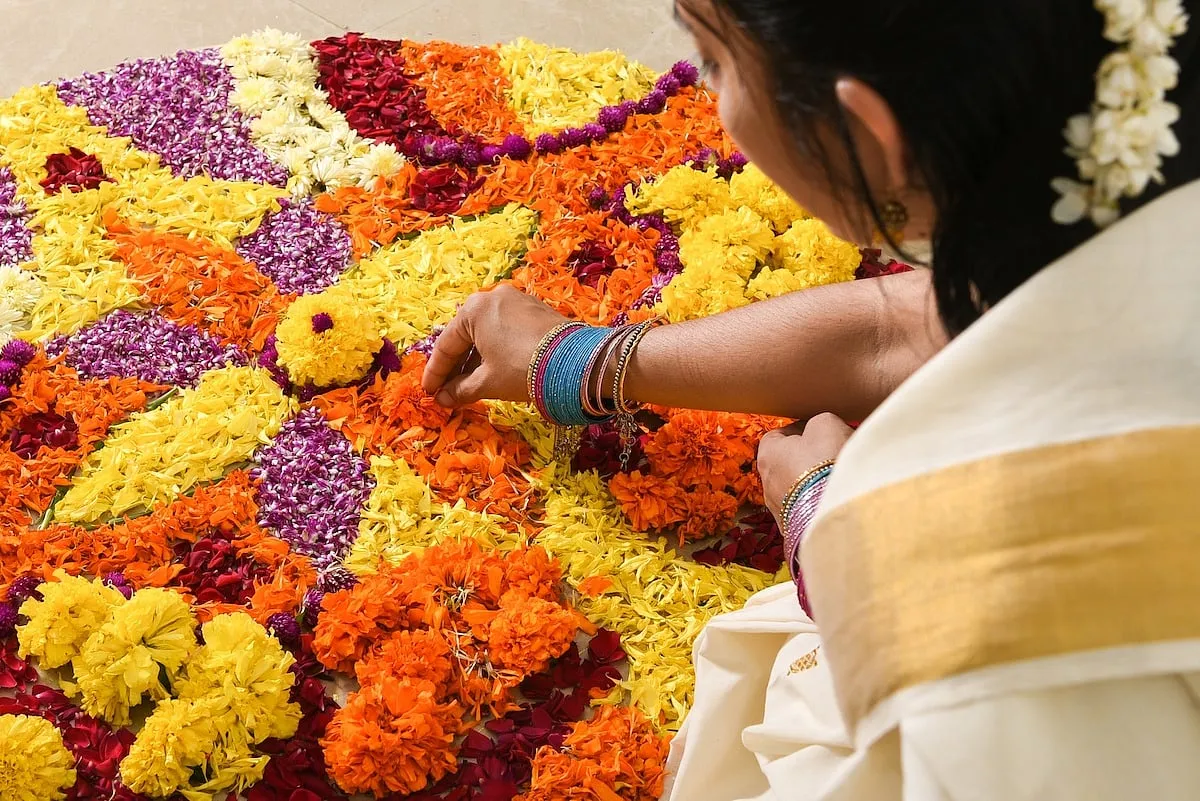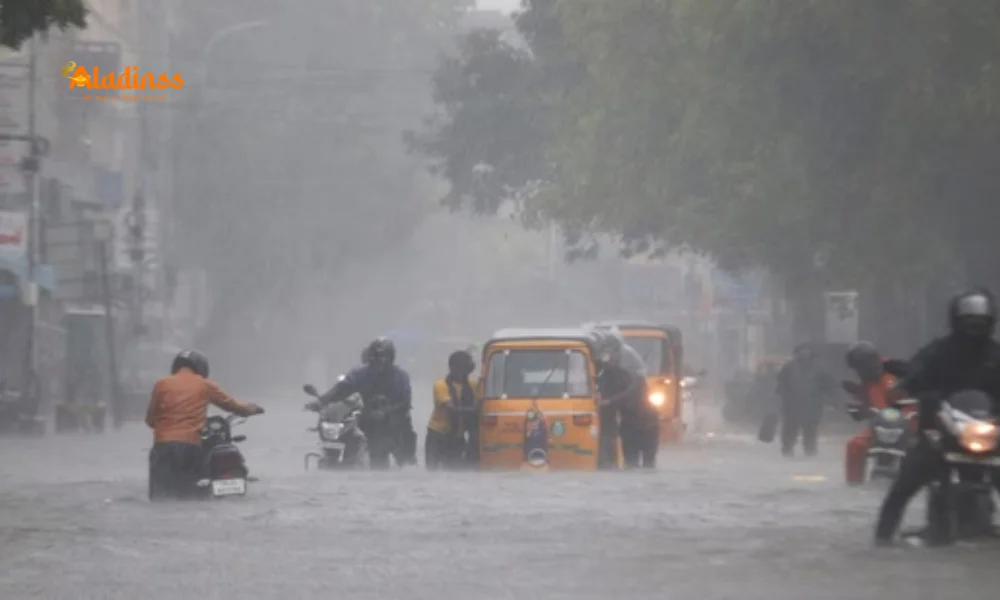Kerala Teacher Booked for Urging Students to Skip Onam

Kerala Teacher Booked for Urging Muslim Students to Avoid Onam Celebrations
A school teacher in Kerala’s Thrissur district has sparked controversy after allegedly urging Muslim students to abstain from participating in Onam celebrations, a significant cultural festival in the state. The teacher, identified as Khadeeja, from Sirajul Uloom English Medium School in Kadavallur, was booked by the Kunnamkulam police on August 26, 2025, following a complaint by Hassan Muhammed, a local resident. The incident has drawn widespread attention, raising questions about communal harmony and the role of cultural festivals in fostering unity in Kerala’s diverse society.
Details of the Incident
The controversy erupted when Khadeeja, a teacher at Sirajul Uloom English Medium School, reportedly circulated a voice message via WhatsApp, urging Muslim students and their parents to refrain from participating in Onam festivities. According to the First Information Report (FIR) filed under Section 192 of the Bharatiya Nyaya Sanhita (BNS), which pertains to provocation with intent to cause a riot, the teacher described Onam as a “Hindu ritual” and warned that participation could lead to “shirk” (polytheism), a concept considered a grave sin in Islam. The message emphasized that Muslims should avoid engaging in the rituals of other communities to preserve their religious identity.
The audio message, which has been widely reported, included statements such as, “Onam is a ritual of the Hindu community. Neither we nor our children should be part of it in any manner… We should not get associated with the rituals of other communities.” The remarks triggered strong backlash from parents, local organizations, and political groups, who viewed the message as an attempt to create division among students along religious lines. The complaint was lodged by Hassan Muhammed, a member of the Democratic Youth Federation of India (DYFI), prompting swift action by the authorities.
Police Action and Legal Consequences
Following the complaint, the Kunnamkulam police registered an FIR against Khadeeja on August 26, 2025, under Section 192 of the BNS. This legal provision addresses actions that intentionally provoke communal tension or unrest. The police have initiated an investigation to ascertain the full context of the teacher’s remarks and their impact on the school community. Authorities have indicated that further action will depend on the findings of the probe, with potential penalties including fines or imprisonment if the charges are substantiated.
In addition to the legal action, the school management acted promptly to address the controversy. Sirajul Uloom English Medium School suspended Khadeeja and another teacher who reportedly circulated a similar message, clarifying that the views expressed were the personal opinions of the individuals and not reflective of the institution’s stance. The school issued a statement affirming its commitment to celebrating Onam “in a grand manner,” as it has done in previous years, with events such as an Onasadya (traditional feast) scheduled for August 28, 2025.

Onam: A Symbol of Kerala’s Cultural Unity
Onam, Kerala’s official state festival, is a vibrant celebration of the region’s cultural heritage, traditionally associated with the harvest and the mythological return of King Mahabali. Celebrated by people across religious and community lines, Onam features colorful floral arrangements (pookalam), traditional dances like Theyyam and Kathakali, and communal feasts. The festival is a cornerstone of Kerala’s identity, fostering unity and inclusivity in a state known for its religious diversity, with significant Hindu, Muslim, and Christian populations.
The teacher’s remarks have sparked debate about the role of cultural festivals in promoting social cohesion. While Onam has historical roots in Hindu mythology, it is widely embraced as a secular celebration in Kerala, with participation from all communities. Critics of the teacher’s message argue that discouraging students from joining the festivities undermines the spirit of communal harmony that Onam represents. The incident has also drawn comparisons to similar controversies, such as false claims in 2024 about Muslim students being punished for celebrating Onam, which were debunked by local authorities.
School Management’s Response
The management of Sirajul Uloom English Medium School moved quickly to distance itself from the controversy, emphasizing that the school has a long tradition of celebrating Onam inclusively. In an official statement, the school clarified that the audio messages were the personal opinions of the teachers involved and did not reflect the institution’s values. The suspension of the two teachers was announced as part of an internal investigation, with the school reaffirming its commitment to fostering unity through cultural events like Onam.
The school’s proactive response has been seen as an effort to prevent further escalation and maintain communal harmony. The management also noted that it had already communicated plans for Onam celebrations to parents and students through class and PTA groups, underscoring its inclusive approach. However, the incident has prompted protests from local groups, including the DYFI and the Communist Party of India (Marxist) (CPM), who staged a march to the school on August 27, 2025, condemning the teachers’ remarks.
Community and Political Reactions
The incident has elicited strong reactions from various quarters, with local political groups and community leaders weighing in on the controversy. The DYFI, which filed the initial complaint, accused the teacher of attempting to sow division among students and parents. The CPM, a prominent political party in Kerala, also announced plans for protests, arguing that such remarks undermine the state’s tradition of religious harmony. Community leaders have called for dialogue to address the issue, emphasizing the need to educate students about the inclusive nature of cultural festivals.
Social media platforms have also seen heated discussions, with some users defending the teacher’s right to express personal beliefs, while others argue that her remarks were inappropriate in an educational setting. The controversy has highlighted the delicate balance between personal religious convictions and the promotion of cultural unity in a diverse society like Kerala’s, where festivals like Onam play a crucial role in bridging communal divides.
Broader Implications for Education and Society
The incident at Sirajul Uloom English Medium School raises broader questions about the role of educators in promoting inclusivity and the challenges of navigating cultural and religious sensitivities in schools. Kerala’s education system is known for its emphasis on secular values, with schools often serving as spaces where students from diverse backgrounds come together to celebrate shared traditions. The teacher’s remarks have sparked a debate about the boundaries of personal expression in educational institutions and the responsibility of educators to foster unity rather than division.
Experts have pointed out that incidents like this could have a ripple effect, potentially polarizing communities if not handled with care. The swift response from the school and authorities reflects an awareness of the need to address such issues promptly to prevent escalation. Community leaders and educators are now advocating for initiatives to promote interfaith dialogue and cultural education, ensuring that students understand the value of participating in shared cultural events like Onam.
Steps Forward for Communal Harmony
To prevent similar incidents in the future, stakeholders are calling for measures to strengthen communal harmony in schools. These include teacher training programs on cultural sensitivity, workshops on the inclusive nature of festivals like Onam, and increased engagement with parents to foster understanding. Schools in Kerala are also being encouraged to reinforce their commitment to secular values, ensuring that all students feel included in cultural celebrations regardless of their religious background.
As the investigation into the incident continues, the focus remains on restoring trust within the school community and reaffirming Kerala’s tradition of unity in diversity. The controversy serves as a reminder of the importance of cultural festivals in building bridges across communities, and the need for educators to uphold these values in their interactions with students and parents.
Comment / Reply From
No comments yet. Be the first to comment!











